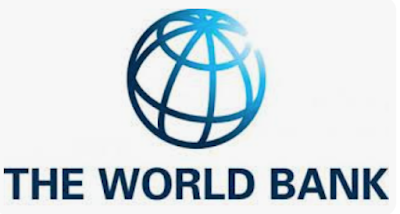Most international reports on Iraq’s economy follow a similar pattern. They lay out the current situation, have something rosy to say about the future and then adds a suggestion for change which has no connection to the country’s political realities. The World Bank issued a paper which is decidedly pessimistic in outlook and warns that the nation’s lack of reform and oil dependency will have long term negative consequences.
Iraq is the most oil dependent country in the world. 61% of its gross domestic product derived from petroleum in 2022. During COVID the energy market collapsed and Iraq fell into recession. When things recovered so did the economy leading to 7.0% GDP growth last year. It’s expected that oil production will be reduced somewhat due to new OPEC+ quotas so the World Bank predicted that GDP will decline 1.1% in 2023. GDP has already shrunk 2.6% in the first quarter of the year as a result. Baghdad’s continued focus upon oil driven development means it will always be vulnerable to fluctuations in the industry. That has been true for decades as oil revenues grew and came to dominate the economy.
This threatens every budget Iraq passes. Parliament just passed a three year budget which greatly increased spending mostly for government salaries and benefits. The World Bank said that if it is fully implemented it would quickly deplete the nation’s foreign reserves that it just built back up after COVID. Not only that but any dip in oil prices would greatly increase the already historic deficit which is estimated at $39.7 billion which is 14.3% of GDP. The emphasis upon expanding public employment also means there is little left for investment which the country desperately needs with constant shortages in services such as electricity and water. The Iraqi elites reliance upon public workers for patronage has pushed out other spending and led them to double down on jobs as the main way to maintain and win public support. It has led to a death spiral in the budget as every time oil prices go up more and more positions are added which are unsustainable in the long run. The ruling parties don’t care because they are only thinking about themselves and few understand economics.
Usually the World Bank would conclude that despite these current issues there is hope for the future but it didn’t do that this time. Instead the Bank warned that the lack of any reforms to diversify the economy away from petroleum, the continued lack of promoting the private sector, and widespread corruption threatens long term growth. If all the government does is add more and more jobs and neglects everything else it could soon reach the point where even in good times in the energy market it will struggle to meet its obligations. That also means the country overall will continue to decline as it won’t be spending enough to meet the demands for power, water, sanitation, food, etc. Not only that but Iraq has one of the youngest populations in the Middle East and a high birth rate. It is impossible to provide enough employment for all the people entering the job market relying almost solely on the state. Perhaps the World Bank finally realized things will not change because the leadership is not interested in any reforms because they threaten their hold on power.
SOURCES
The World Bank, “Iraq Economic Monitor,” Spring/Summer 2003





No comments:
Post a Comment